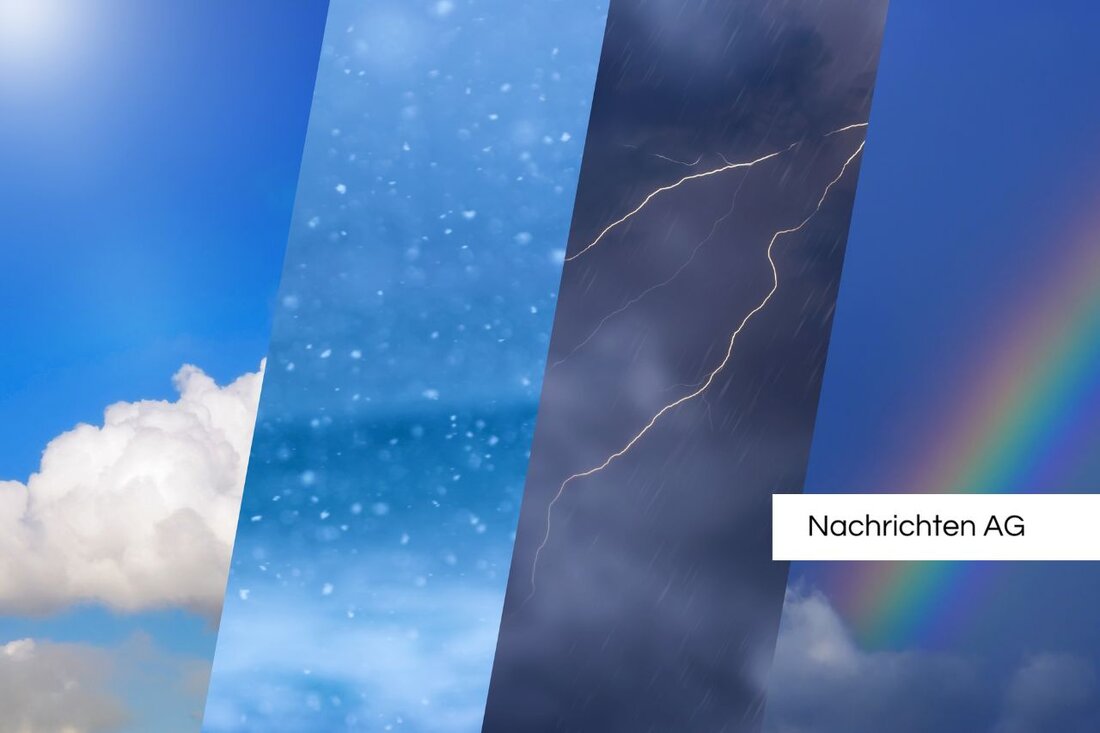Alarming air quality in Göttingen: fine dust levels at their highest!
Current air quality in Göttingen: Measurements show high fine dust levels on November 5th, 2025. Recommendations and limit values at a glance.

Alarming air quality in Göttingen: fine dust levels at their highest!
The air quality in Göttingen has reached the alarm level in recent weeks. On November 5, 2025, the current measurements on Bürgerstrasse show that the fine dust levels are high. The station measures the concentration of fine dust particles up to PM10 per cubic meter of air, and there are worrying limits being exceeded. For PM10 particulate matter, the limit is 50 micrograms per cubic meter, which allows a maximum of 35 exceedances per year. These regulations are essential because high levels of air pollution have serious effects on the health of the population, especially among sensitive people who should avoid physical exertion outdoors, such as Göttinger Tageblatt reported.
The condition of the air in Göttingen has become worrying. Limit violations were already detected on September 24th and July 9th, 2025, which indicate a worrying trend. Values above 100 µg/m³ for fine dust are considered “very bad” and are alarming, also because the EU registers around 240,000 premature deaths due to fine dust every year. This shows the seriousness of the climate and health challenges we are currently facing, as the website n-ag.de emphasizes.
Health risks
The health risks caused by poor air quality should not be underestimated. Exceeded limits for nitrogen dioxide, which is classified as “very poor” above 200 µg/m³, and ozone are also worrying. It is recommended that particularly sensitive people significantly reduce their outdoor activities when air quality is poor. The recommendations range from “avoid physical exertion outdoors” in very poor air quality to general caution in moderate air quality, where long-term effects cannot be ruled out.
The weather in Göttingen could also contribute to the current situation. Temperatures between 17 and 25 degrees Celsius and fluctuating humidity affect air quality and can increase pollutant concentrations. A further increase in fine dust pollution from fireworks is expected on New Year's Eve, with around 2,050 tonnes of fine dust being released annually, 75% of which occurs on New Year's Eve. This pollution could also be exacerbated by the current weather situation, which could keep fine dust in the air for longer.
Future prospects
The EUS has introduced ambitious new air quality regulations with the aim of reducing particulate matter levels by 55% by 2030. But without additional measures to raise citizen awareness and targeted action strategies, it will be a challenge to achieve this goal. The public appeal in Göttingen calls for urgent measures to improve air quality; After all, this depends not only on political decisions, but also on the daily decisions of each individual.
The local population is therefore called upon to respond and work for better air quality. Because one thing is certain: a clean environment is the basis for health and well-being. Only together can we sustainably improve the air we breathe.

 Suche
Suche
 Mein Konto
Mein Konto